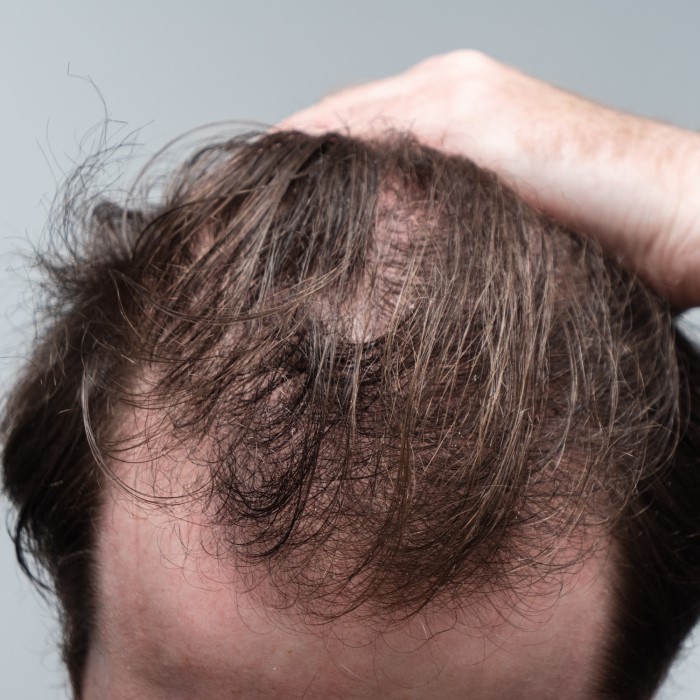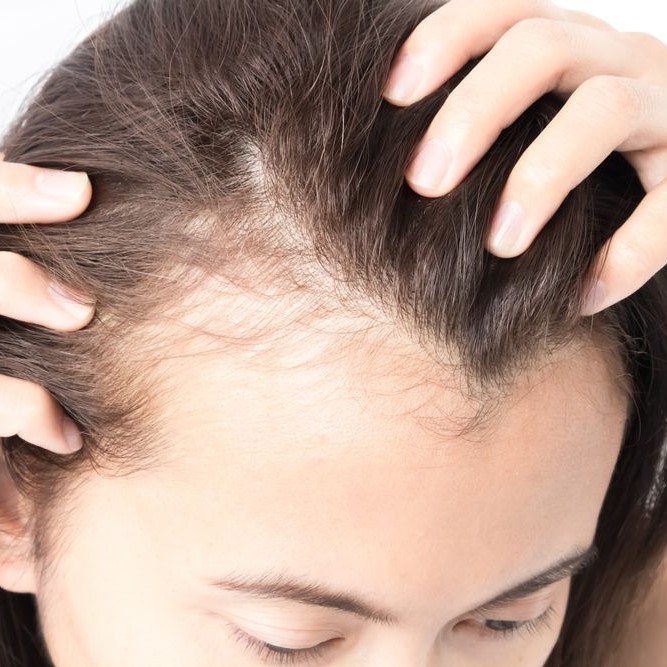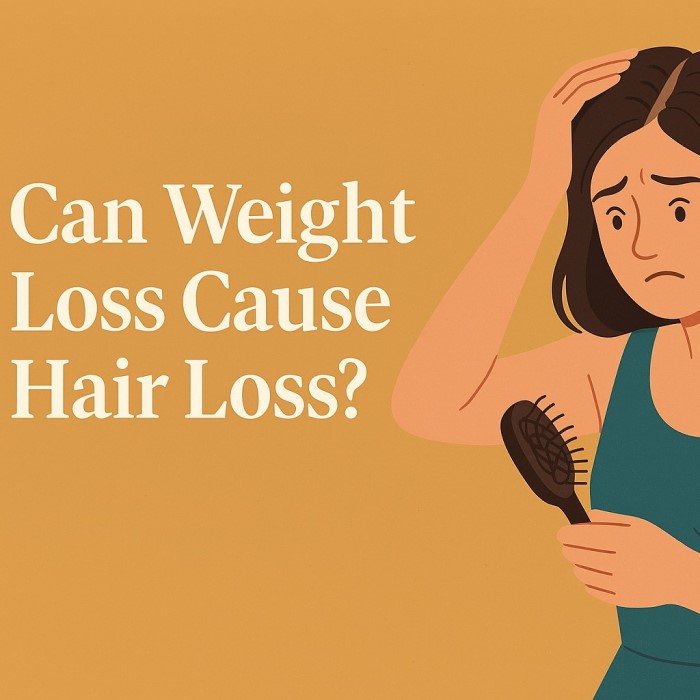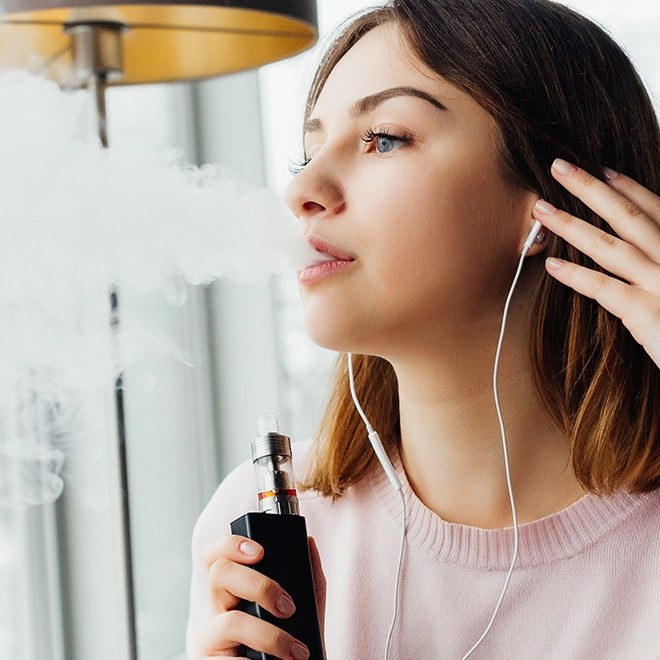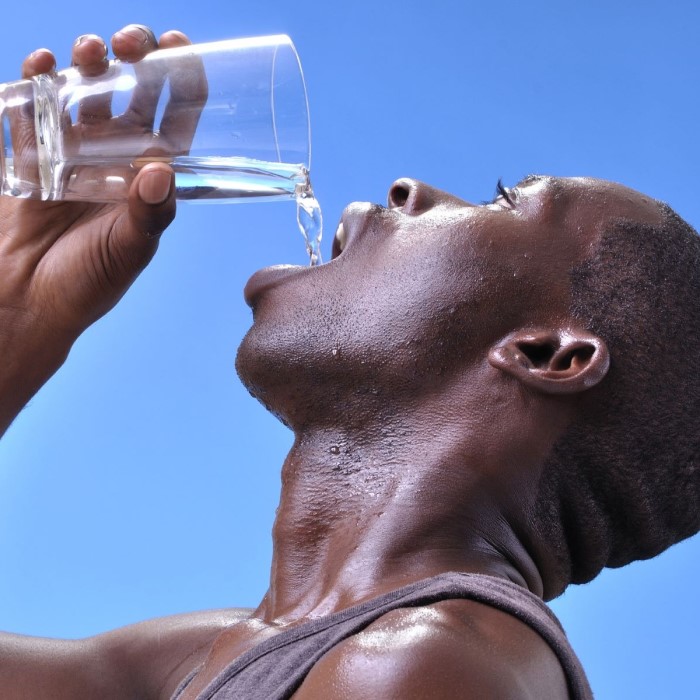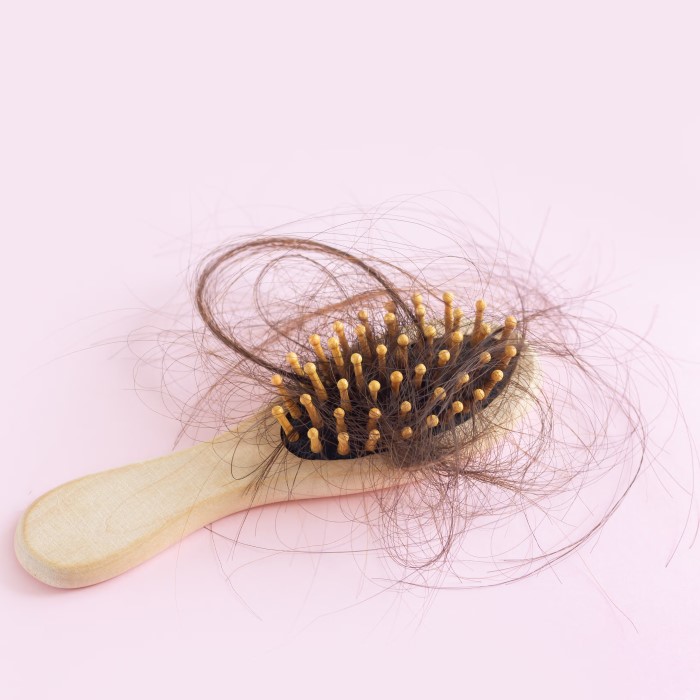
Exploring: Does Weight Loss Cause Hair Loss? Expert Insights
Introduction to Weight Loss and Hair Loss
The question of whether does weight loss cause hair loss is one that many individuals ponder, especially during significant dietary changes. Rapid weight loss or drastic dieting can lead to various physiological changes in the body, but many people are concerned about its effect on their hair health. This article delves into the connection between weight loss and hair loss, shedding light on the underlying mechanisms and offering expert insights on how to mitigate potential risks.

Understanding the relationship between these two factors is crucial for anyone contemplating a weight loss journey. Losing weight often carries societal aspirations for improved health and aesthetics, but unintended consequences like hair loss can cause distress. To navigate this issue, we aim to unravel the complexities surrounding weight loss, hair health, and essential nutritional elements that support overall well-being.
The Mechanism Behind Hair Loss
Why Hair Loss Occurs During Weight Loss
Does weight loss cause hair loss? Hair loss can occur for several reasons, especially when one undergoes significant changes in diet or body composition. When individuals lose weight, particularly through restrictive diets, their bodies can experience stress. This stress can trigger a condition known as telogen effluvium, where hair follicles enter a resting phase and subsequently shed.
Typically, hair goes through a cycle that includes growth, rest, and shedding. In times of stress or nutritional deficiency, this cycle can become disrupted. For instance, the body may focus energy and nutrients elsewhere, leading to increased hair shedding. Studies suggest that about 30% of individuals may experience hair loss during periods of rapid weight loss.
Nutritional Deficiencies Contributing to Hair Loss
Another critical aspect of this connection involves nutrition. A balanced diet is essential for maintaining healthy hair, as hair follicles require specific vitamins and minerals to thrive. Deficiencies in nutrients such as protein, biotin, zinc, iron, and vitamins A, C, D, and E can negatively impact hair health. When people drastically reduce their calorie intake or eliminate certain food groups, they may inadvertently deprive their bodies of these essential nutrients.
In cases of very low-calorie diets, particularly those below 1,500 calories per day, the risk of hair loss can increase significantly. This underscores the importance of understanding the implications of dietary choices on overall health, including hair vitality.
The Stress Connection
Understanding Psychological Stress and Its Effects
Does weight loss cause hair loss? Psychological stress significantly affects overall health and well-being, and hair loss is one of the many areas where its impact can be observed. When individuals embark on a weight loss regimen, they often face various challenges that can induce stress. This stress can stem from factors such as sharp dietary changes, exercise regimens, or the pressure to meet specific weight loss goals. Psychological stress is not just a minor inconvenience; it can disrupt bodily functions and impact physical appearance, especially in terms of hair health.
Stress and Weight Loss Journeys
Engaging in a weight loss program can create an emotional rollercoaster for many. This journey often involves a myriad of emotions, including excitement, frustration, and sometimes disappointment. If individuals do not see immediate results from their efforts or find the regimen challenging, they may feel overwhelmed. Stress levels can rise when expectations exceed their reality, leading to heightened anxiety over the weight loss process.
When the body is subjected to prolonged stress, it undergoes various physiological changes. It perceives this stress as a threat and activates the fight-or-flight response. This evolutionary mechanism is intended to protect you during dangerous situations, but it can ultimately do more harm than good during everyday challenges, such as trying to lose weight.
Impact on Hair Follicles
The body’s response to stress affects hair follicles. Under stress, the body’s energy resources may be diverted away from non-essential functions, such as hair growth. Stress can lead to a condition called telogen effluvium, where hair follicles prematurely enter a resting phase and eventually shed. This process can result in noticeable thinning and hair loss, typically occurring a few months after the initial stressor.
Increased shedding can cause additional psychological strain, as individuals may feel a loss of control over their appearance. This cycle can create a feedback loop: the stress contributes to hair loss, which further heightens anxiety and stress levels.
Hormonal Changes Induced by Stress
Hormones play a significant role in the relationship between stress and hair loss. When the body is under stress, it releases various hormones, including cortisol, which is often referred to as the “stress hormone.” Elevated cortisol levels can negatively affect hair health by disrupting the normal hair growth cycle and limiting the nutrients available to hair follicles.
Moreover, chronic stress can lead to hormonal imbalances affecting key hormones like androgens, which are known to contribute to hair thinning. High cortisol levels can cause hair follicles to shrink, leading to thinner hair and a slower regrowth rate over time.
Addressing Stress for Healthier Hair
Addressing psychological stress is crucial for anyone facing hair loss due to weight loss efforts. Implementing stress-reducing practices can assist in mitigating the negative effects on hair health. Consider incorporating mindfulness techniques, yoga, or regular physical activities into your routine. These methods have been shown to help lower stress levels and promote relaxation.
Additionally, seeking social support from friends, family, or professionals can provide emotional relief. Open discussions about weight loss journeys can alleviate feelings of isolation and offer encouragement to overcome challenges. When people feel supported, their overall stress levels often decrease, contributing positively to hair health and overall well-being.
Recognizing Hair Thinning and Shedding
Signs and Symptoms
Hair thinning and shedding can manifest in various ways. Initially, you may notice an increase in hair falling out during washing or brushing. Additionally, many people report observing more hair strands on their pillow in the morning or in the shower drain. The hair may also appear visibly thinner, and the scalp may become more noticeable, especially in specific regions.
Being aware of these signs is crucial. If you suspect that your weight loss journey is leading to hair loss, it’s essential to assess your dietary habits and consider consulting a healthcare professional. Early intervention can help mitigate further hair loss and reestablish balance.
Psychological Effects of Hair Loss
The psychological implications of hair loss should not be underestimated. For many, hair is closely tied to personal identity and self-esteem. When individuals experience hair thinning, it can lead to anxiety, depression, and social withdrawal. The fear of losing one’s hair could act as a psychological barrier to pursuing a weight loss journey. Therefore, it’s vital to address these emotional aspects while also tackling the physical challenges.
Expert Insights on Preventing Hair Loss During Weight Loss
Prioritize Nutritional Balance
Maintaining a balanced diet is critical during weight loss. Rather than resorting to highly restrictive diets, focus on incorporating a variety of nutrient-dense foods. Aim for a diet rich in protein, healthy fats, and complex carbohydrates. Foods like lean meats, fish, nuts, seeds, legumes, fruits, and vegetables provide the vitamins and minerals necessary for healthy hair growth.
Consulting with a registered dietitian can help ensure that your dietary plan meets all nutritional requirements while promoting weight loss sustainably.
Gradual Weight Loss
Striving for gradual weight loss rather than rapid changes can help reduce the risk of hair loss. Aim to lose 1 to 2 pounds per week, which is considered a healthy and sustainable rate. This approach allows your body to adapt to changes without experiencing extreme stress. Sudden or drastic weight loss often contributes to the conditions that lead to hair shedding, so taking a measured approach is crucial.
Incorporate Hair Health Supplements
Supplements can play a supportive role in promoting hair health, especially during significant weight loss periods. Biotin, for instance, is known for its beneficial effects on hair, skin, and nails. Similarly, supplements containing vitamins such as A, C, D, and E, as well as minerals like zinc and iron, can help maintain hair vitality. Before starting any supplementation, consult a healthcare provider to ensure the right choices are made based on individual health needs.
Manage Stress Levels
Reducing psychological stress is also critical in preventing hair loss during weight loss. Engage in stress-reducing activities such as regular exercise, mindfulness, or yoga. Establishing a supportive social network can also provide emotional relief, encouraging overall mental well-being.
Counseling or therapy can help individuals process the challenges of weight loss and address anxiety or depression related to hair health. Prioritizing mental health is just as important as managing the physical aspects of weight loss.
FAQs About Weight Loss and Hair Loss
Will hair loss from weight loss grow back?
In many cases, hair loss resulting from weight loss can be reversible. Once the underlying issues, such as nutritional deficiencies or stress, are addressed, the hair usually begins to regrow. However, the timeline can vary among individuals, taking several months to see noticeable improvements.
Can losing 20 pounds cause hair loss?
Losing 20 pounds can potentially lead to hair loss, especially if the weight loss occurs too rapidly or involves significant dietary restrictions. Stress on the body and dietary deficiencies can trigger increased shedding and thinning.
Why am I losing weight and hair thinning?
Weight loss and hair thinning can be related due to factors such as nutritional deficiencies, hormonal changes, or stress. Determining the exact cause involves evaluating dietary habits, overall health, and lifestyle factors.
Can a 1200-calorie diet cause hair loss?
A 1200-calorie diet can lead to hair loss if it fails to provide adequate nutrition. Such restrictive diets may lack necessary vitamins and minerals for maintaining healthy hair, leading to deficiencies that contribute to shedding and thinning.
In conclusion, understanding whether does weight loss cause hair loss involves recognizing the complex interplay between nutrition, body stress, and hair health. While weight loss can sometimes lead to increased shedding or thinning, several steps can be taken to mitigate these effects. Prioritizing nutritional balance, achieving gradual weight loss, and considering hair health supplements are all strategies that can support both your weight loss goals and hair vitality.
It is essential to approach weight loss thoughtfully, considering not just the numbers on the scale but also the overall effect on health and well-being. If you notice signs of hair loss during your journey, it’s critical to seek guidance from healthcare professionals. Ultimately, achieving your weight loss goals should not come at the expense of your valued hair health.
Navigating this complex relationship requires a mindful approach, so take the time to consider both your physical and emotional well-being. Make informed choices and prioritize your health to ensure you enjoy the benefits of weight loss without compromising the vitality of your hair.
